Cannabis use and sale is illegal in Egypt. Punishments are stiff for those caught with it, with the death penalty being a risk. In spite of this, the country cultivates a considerable amount of cannabis and use of the drug is fairly widespread. MP John Talaat’s proposals to decriminalise cannabis use means the law might change in the future.
- Capital
- Al-Qahirah (Cairo)
- Population
- 111,471,000
- CBD Products
- not clear
- Recreational cannabis
- Illegal
- Medicinal cannabis
- Illegal
- Cannabis laws in Egypt
- Can you possess and use cannabis in Egypt?
- Can you sell cannabis in Egypt?
- Can you grow cannabis in Egypt?
- Is CBD legal in Egypt?
- Can cannabis seeds be sent to Egypt?
- Medicinal cannabis in Egypt
- Industrial hemp in Egypt
- Egypt’s political stance on cannabis
- Good to know
- Egyptian cannabis history
- Modern Attitudes
- Sinai Cannabis
- Cultural use of cannabis in Egypt
- The ‘war against drugs’ – is it working?
- Will cannabis be legalised in the future?
Cannabis laws in Egypt
Can you possess and use cannabis in Egypt?
Cannabis use and possession is illegal in Egypt. If you’re caught with it, you could face a minimum of one year in prison, plus a fine of at least 1,000 Egyptian pounds. While the laws may seem tough, they’re not strictly enforced. As such, cannabis consumption is relatively commonplace across the country.
One Egyptian MP, John Talaat, is challenging these laws. In 2018, he recently proposed a draft law to decriminalise cannabis entirely (not just for medical purposes). The proposal suggests that offenders receive treatment rather than a prison sentence.
His plans were met with mixed reactions from other MPs. For example, Magdy al-Bassiouni, the former assistant interior minister, stated that the reform would result in increased drug use.
Can you sell cannabis in Egypt?
The law is even stricter when it comes to selling or supplying cannabis. Penalties for distributing cannabis can be a lengthy prison sentence or even capital punishment. Egypt’s prisons are run by the interior ministry, which is a highly secretive organisation. This means that statistics on numbers of cannabis-trafficking offences are not known.
Unlike having cannabis for personal use, those who sell or supply it are unlikely to get away with a more lenient sentence. In 2013, a UK pensioner was sentenced to death over his involvement with smuggling £3million of cannabis into the country. He was also fined 85 million Egypt pounds.
Can you grow cannabis in Egypt?
It’s illegal to grow cannabis in Egypt. Although penalties can be severe if you’re caught growing it, cultivation is still commonplace across the country. The Sinai region is particularly famous for producing hashish, though it isn’t considered as high quality as the hashish from nearby Lebanon.
Since the 2011 uprising (when president Hosni Mubarak was removed from power), cultivation has increased. As such, police seizures have also been on the rise.
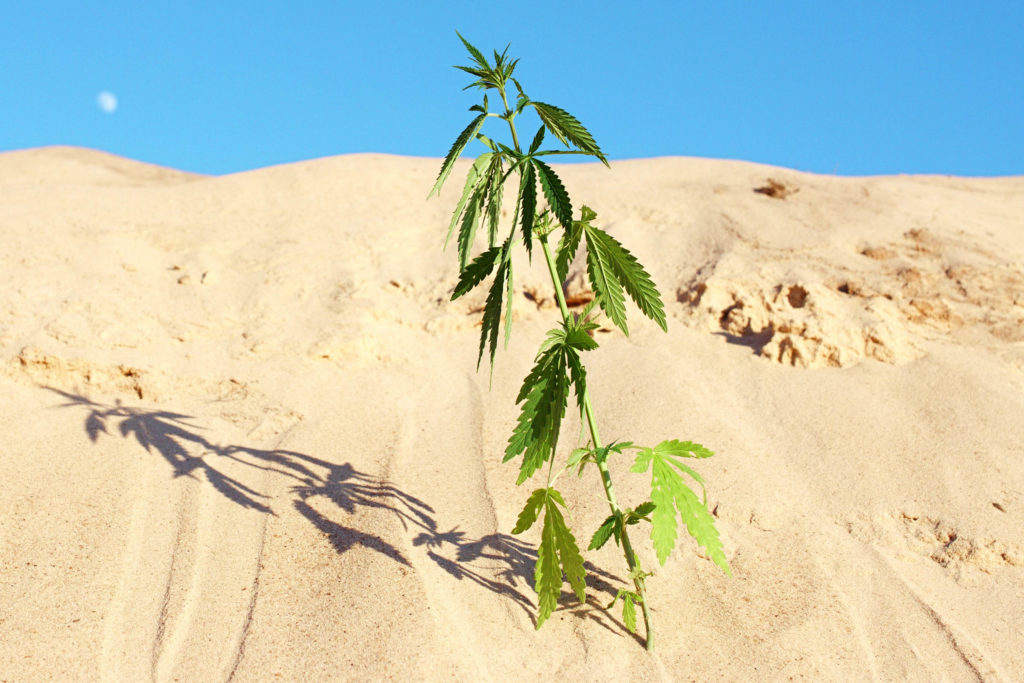
Is CBD legal in Egypt?
The law is ambiguous regarding the sale or use of CBD in Egypt. Since there is no legal framework allowing non-psychoactive cannabis products in Egypt, it’s very dangerous to bring CBD products into the country. Even though CBD does not contain enough THC to produce a ‘high’, authorities may rule that it’s an illegal substance regardless.
One such example was Mustafa Soliman, who was arrested and faced death penalty charges for importing hemp seed oil in 2010. Protests followed, and he was freed. It is thought the fact that “hash” and “hemp” are the same word in Arabic might have caused confusion surrounding the legality of his hemp oil.
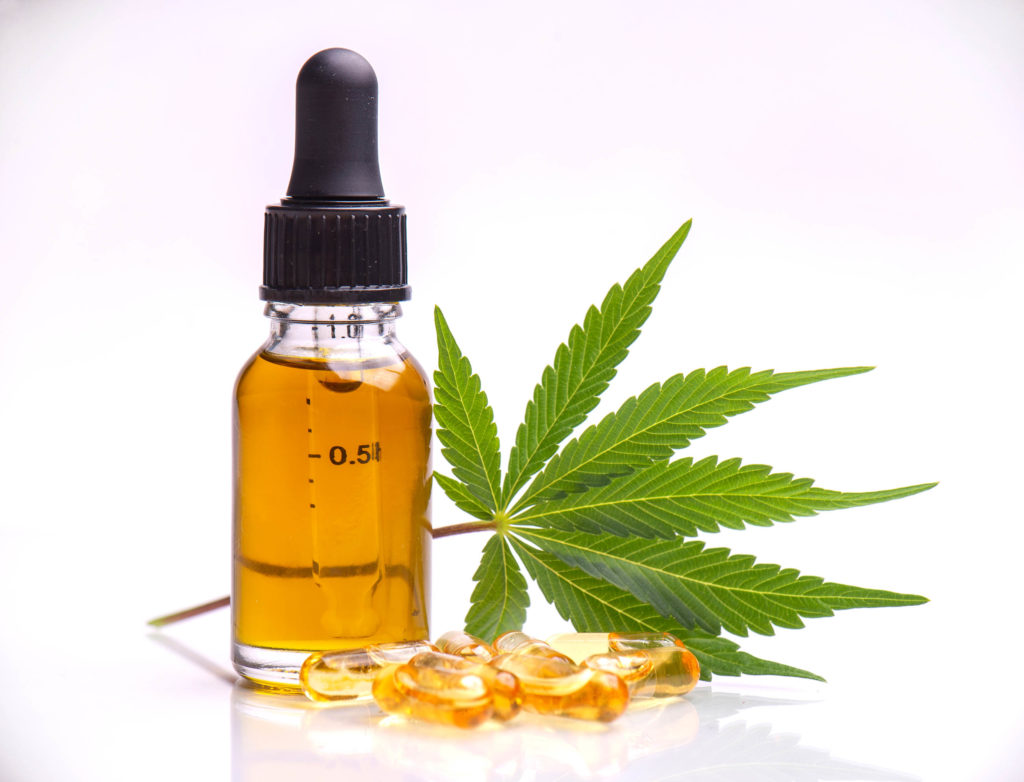
Can cannabis seeds be sent to Egypt?
You’re not permitted to buy or sell cannabis seeds in Egypt. As such, you cannot send them in the post.
Medicinal cannabis in Egypt
Egypt’s history is full of medical cannabis use. The Ebers Papyrus (1550 BC) describes cannabis for medicinal purposes, and several other papyri detail how it is effective in relieving haemorrhoids symptoms, sore eyes and more.
However, after cannabis cultivation became illegal in the late 1800s, the people of Egypt stopped relying on it to cure their ailments. It’s only recently that the country is becoming aware of the potential benefits once again.
Although it’s currently illegal to use cannabis for medical reasons, this may be set to change. MP John Talaat’s proposals to decriminalise cannabis is likely to open up the possibility of prescribing it to patients in Egypt. Only time will tell if this happens or not.
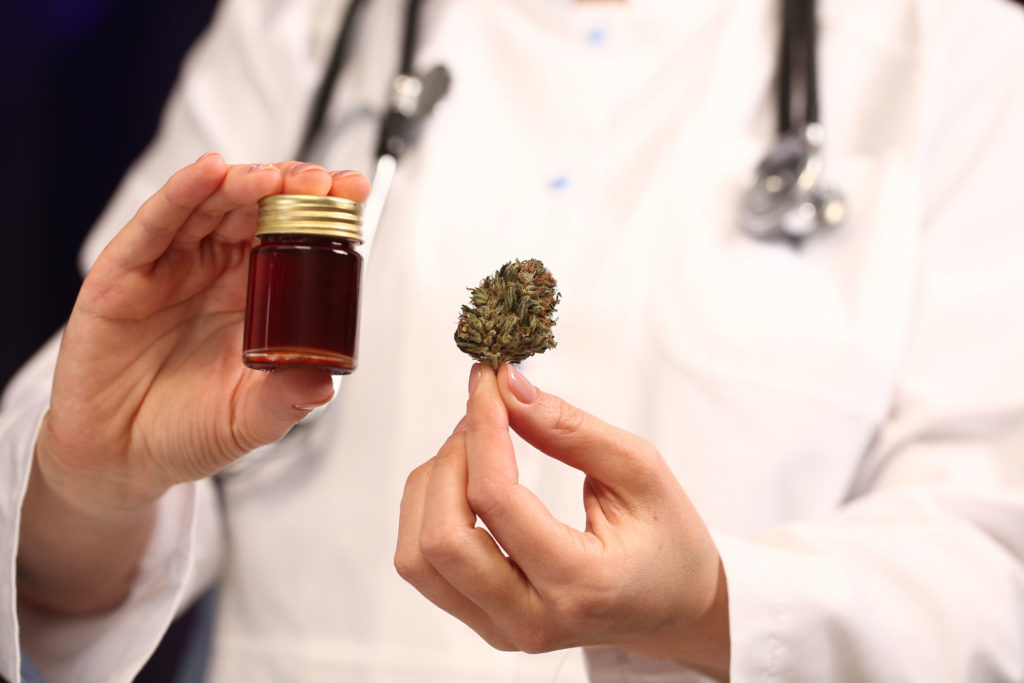
Industrial hemp in Egypt
Egypt has a legal industrial hemp industry, and the hemp is used for a variety of practical purposes. At present, farmers are not permitted to grow any cannabis with psychoactive properties (i.e. THC, which is the substance responsible for providing the ‘high’). However, if THC levels are low enough, the government permits its cultivation.
Egypt’s political stance on cannabis
Egypt’s political parties have traditionally taken a negative view of cannabis; its use, sale and cultivation. In 1961, they were a signatory to the UN’s Single Convention on Narcotic Drugs, and again in 1971 to the Convention of Psychotropic Substances. Since then, the government has focused on seizing cannabis from illegal plantations and suppliers. Efforts intensified in 2010, thanks to the interior ministry’s Anti-Narcotics General Administration (ANGA).
However, MP John Talaat’s plans to introduce a proposal decriminalising cannabis marks a change in political opinion. Parliamentarian Abdel Moneam al-Emealy agreed with his suggestion. He stated that health institutions should be established to offer treatment for addiction, rather than penalising offenders.
Not all MPs were in favour of the suggestion, though. Farouk al-Mekrahi stated that decriminalisation shouldn’t be permitted, as cannabis use “damages public health and awareness”.
Good to know
If you are travelling to Egypt (or currently live there), you may be interested to know the following:
- Recent statistics suggest that 6.4% of people aged 15 to 64 use cannabis. In terms of numbers of users, this ranks Egypt as 25th in the world.
- Egypt lies along the opium trafficking route between Asia and Europe. This means that much of the hashish smuggled from Lebanon passes through it, not to mention cannabis trafficked from southern and eastern Africa.
- Informal hashish cafes are common in many cities and towns across the country. The police are often incentivised to ignore their activity.
Egyptian cannabis history
Cannabis has been grown and used in Egypt for centuries. There’s even evidence to suggest that it was used in the Pharaonic era, as Egyptian mummies were found with traces of cannabis in their hair, organs and tissues. However, this was later contested, as the mummies may have been contaminated by modern cannabis instead.
Many ancient Egyptian texts document the use of cannabis as a medicine; which was prized as a treatment for several different conditions. These included uterine cramps, constipation and even sore toenails.
It’s thought that the ancient Egyptians also made use of industrial hemp, particularly to create rope and textiles. Archaeologists discovered a hemp cord in El Amarna (the city of the Pharaoh Akhenaton). As yet, this hasn’t been confirmed as cannabis sativa, as there is a possibility that it was another type of hemp plant.
By the 12th century, cannabis was used by the Muslim Sufis. They prized the psychoactive effects that cannabis offered, enabling them to achieve a state of spiritual ecstasy. As the centuries progressed, cannabis use became more widespread, until it was established in all ranks of Egyptian society.
Things changed in 1798. During the French occupation, Napoleon expressed his horror at the local’s use of hashish. In 1800, a decree was passed, banning its use. Nonetheless, people continued to consume hashish throughout the 19th century.
In 1879 and 1891, two Sublime Orders were passed, explicitly banning the cultivation and production of hashish and cannabis. This was enforced through the burning of crops and the confiscation of tools.
Modern Attitudes
There’s a noticeable divide when it comes to opinions on cannabis in Egypt. While many people freely use it (both at home and in cafes), other people view it as a dangerous substance and are against its legalisation. Until recently, the Egyptian authorities have also adopted a negative stance.
Sinai Cannabis
The Sinai Peninsula (located between Suez and Israel) is Egypt’s main cannabis-growing region. The landrace strain that is cultivated here is also called Sinai, or sometimes ‘Red Sea’, and is traditionally grown by the Bedouin people. There are two types of Sinai; a short, tree-like plant and a taller vine that’s more like a sativa plant in appearance. The latter is easier to train.
Both are pungent and dense, producing a euphoric high. Traditionally, they are fertilised with Nile River mud or camel dung, then turned into high-quality hashish.
Cultural use of cannabis in Egypt
Egypt is a predominantly Muslim country. This means that alcohol consumption is forbidden for most, and cannabis is viewed as an acceptable alternative. ‘Bango’, another name for Egyptian cannabis, is smoked by the Bedouin people in the Sinai Peninsula, and by many poorer people in the cities. This is because it’s easy to grow, even in a garden at home.
The middle classes tend to use hashish instead, which is usually imported from other countries (such as Lebanon). This produces a more noticeable ‘high’.
One traditional consumption method, other than smoking, is ‘drinking’ the hashish. The hashish is placed in a cigarette, which is then lowered into a glass. The hashish sticking out the end is lit, and the glass is covered. As hashish smoke is heavier than the air around it, the smoke gathers at the bottom of the glass. The hashish user then raises the cover and ‘drinks’ the smoke.
The ‘war against drugs’ – is it working?
Despite Egypt’s tough laws on drug use, numbers of addicts in the country are increasing. In 2018, Ghada Wali, the Minister of Social Solidarity, stated that rates of drug addiction were twice the average global rates. This includes cannabis use.
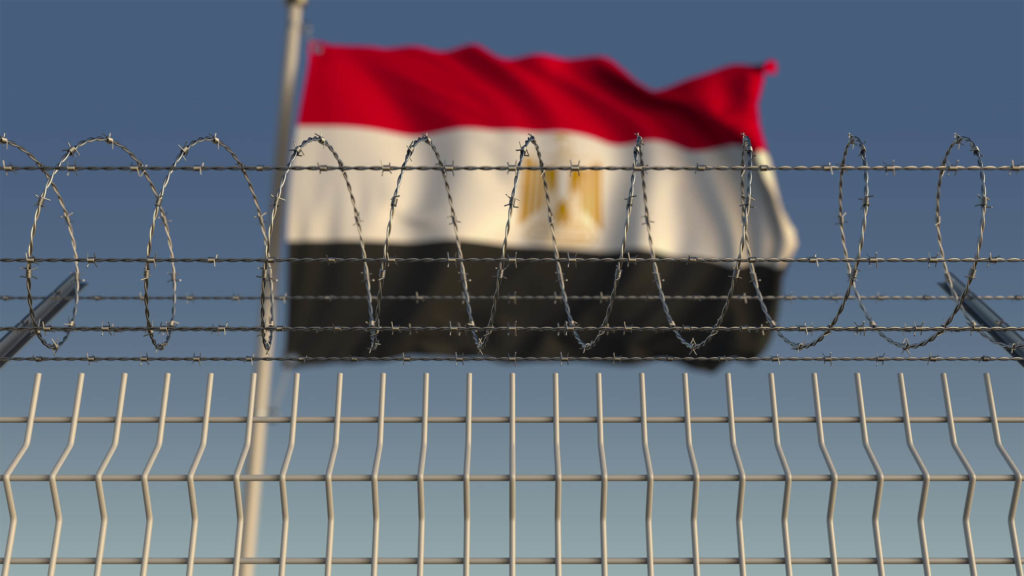
This information suggests that the current approach to drug addiction isn’t successful. As MPs have highlighted; making cannabis use a criminal offence puts pressure on the country’s prison system, and penalises those who only use small amounts.
Will cannabis be legalised in the future?
Cannabis use is widespread in the country. Even the authorities often turn a blind eye when they see people using it. However, the government’s current stance is that it is an illegal drug, and that using it is a criminal offence.
John Talaat’s proposal to decriminalise it suggests that attitudes may be changing. This is especially the case if the Egyptian government starts to examine the financial potential of legalising cannabis cultivation. Other African countries have already legalised medical cannabis use (with South Africa even decriminalising it completely) – perhaps Egypt may follow suit in the future.
- Disclaimer:While every effort has been made to ensure the accuracy of this article, it is not intended to provide legal advice, as individual situations will differ and should be discussed with an expert and/or lawyer.







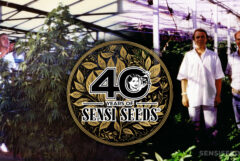
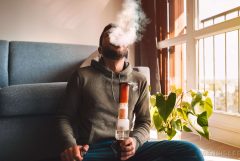



The cradle of civilization once knew the benefits of this plant and spiritual knowledge was achieved through meditation. How far has this great country fallen as modernisation and politics have crumbled their superior status of wisdom to dust!
Good morning Peter,
Thank you for your comment, you make a very very valued point!
To learn a little more about medicinal cannabis, here are some links that you might find interesting.
Thanks again, and I hope you continue to enjoy the blog.
With best wishes,
Mark
I’m always so intrigued as to why perception changes so fast around the world, especially when talking about cannabis. I found this great that talks a lot about the perception Spaniards have and I find it very interesting and it was very useful when visiting. I’ll leave in case anybody’s interested https://marijuanagames.org/madrid-cannabis-club-review-gasolina-social-club/
I need to know the price of high quality marijuana and the availability. And medical marijuana laws
Well pedro has a point there’s no much hashish production in here mainly due to the wrong cultivation methods where males are never separated from the females giving buds which are not suitable for hash making… Yet in the past 3 years Egyptian hashish is being produced but only available at sinai peninsula and kot of a very high quality… Long story short the genetics are amazing yet the cultivation is just a mess!
hello,
As an Egyptian I would say hashish is no. 1 product consumed in Egypt come’s after it Bango herb . then comes a hole different league of chemical drugs used by not less than 35 or more million people staring from age 10 up to 65 and I would like to say that tramadol and such pills holds the most danger a nation would ever face .
This is good info, I wish I lived in Egypt, USA sucks man.
I wish they can change laws, I have quality seeds from years of collecting, cannot grow here because of laws, they need to allow people to do their own thing, and make their own choices.
Hi,
Most – not to say all – of the info in your article regarding the current use / cultivation are 10 to 15 years old and completly outdated / wrong.
Also, the cannabis grown in the Sinai and destined for national consumption is not and has almost never been over the last 20 years transformed into hashich but is smoke in its weed form.
Hi Pedro,
If you have anything a little more concrete for me to source, I would be happy to amend the information in the article.
Seshata